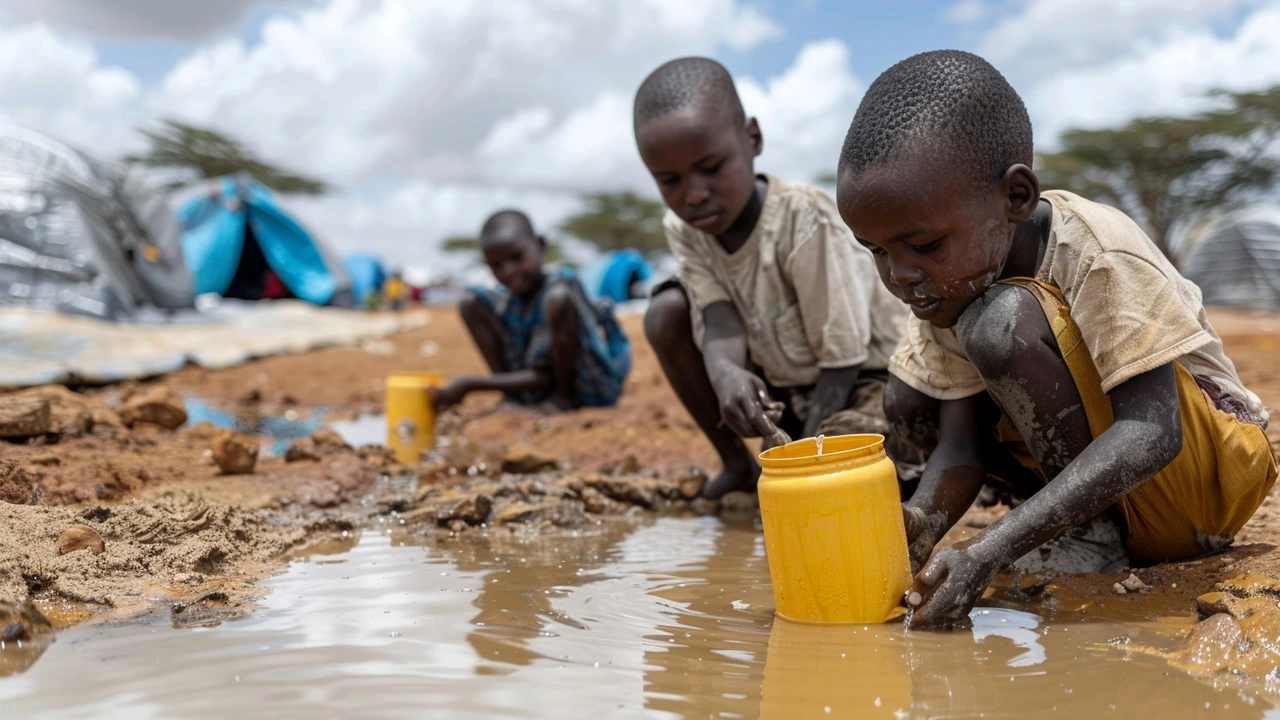Cholera Outbreak: Protect Yourself and Your Community
Cholera outbreaks can spread fast and cause serious illness, but knowing the facts helps you stay safe. This infection usually comes from drinking water or eating food contaminated with Vibrio cholerae bacteria. If you notice sudden watery diarrhea and vomiting, it might be cholera—it can cause severe dehydration quickly.
One of the easiest ways to protect yourself is by practicing good hygiene. Wash your hands often with soap and clean water, especially before eating or preparing meals. Be cautious about the water you drink—boil it if you’re unsure, or stick to bottled or treated water. Avoid raw or undercooked foods, particularly seafood and street food where sanitation might be poor.
Spotting Symptoms Early
Early signs of cholera include watery diarrhea, vomiting, and leg cramps. These symptoms can hit hard and fast, leading to dehydration that needs quick attention. If you or anyone around you shows these signs, drinking lots of clean fluids is crucial. Oral rehydration salts (ORS) are very effective and can save lives by replacing lost fluids and electrolytes. In serious cases, hospital care may be needed for IV fluids and antibiotics.
Community and Health Measures
Outbreak control depends a lot on clean water access, proper sanitation, and health education. Local health authorities often run vaccination campaigns and promote handwashing and safe cooking practices. Communities that come together can stop the spread faster by reporting cases early and helping neighbors stay informed.
Remember, cholera is preventable and treatable. Keeping water safe and practicing good hygiene daily are your best defenses. Stay alert, stay clean, and help spread the word to protect everyone around you.

NCDC Warns of Worsening Cholera Outbreak: 30 Lives Lost as Cases Rise
The Nigeria Centre for Disease Control (NCDC) has raised alarms over a worsening cholera outbreak amid the rainy season, reporting 1,141 suspected cases and 30 deaths since January 2024. Efforts continue to address poor sanitation and water contamination in affected regions.
Categories
- Sports (146)
- Politics (22)
- Entertainment (20)
- World (15)
- News (10)
- Lifestyle (8)
- Business (6)
- Technology (3)
- Health (3)
- Environment (2)



